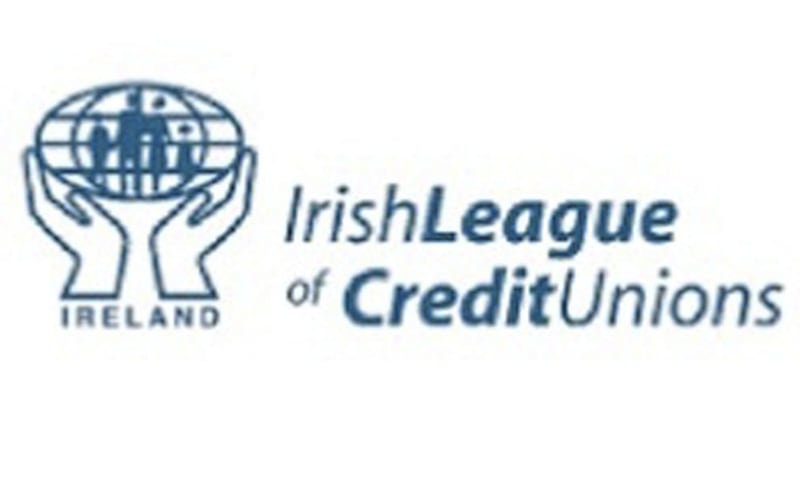Consumers on both sides of the border remain broadly aligned in expecting “challenging economic conditions” between now and 2030, though it’ll be a slowdown rather than a slump.
But despite increasing concerns around tariffs, infrastructure shortfalls and cost-of-living pressures weighing on sentiment, they anticipate incomes to improve modestly and house prices to be higher.
The findings come in a special Irish League of Credit Unions (ILCU) survey commissioned to examine and compare the sentiment of consumers in Northern Ireland and the Republic across areas such as economic activity, job prospects, inflation, house prices, and household incomes.
The report is released to coincide with the All-Island Credit Union Sector conference taking place on Friday April 25 at the ICC in Belfast hosted by the ILCU, which will see 500 credit union leaders from across the island gather to discuss recent sector developments and explore how increased collaboration can further strengthen the exceptional services provided to the organisation’s 3.6 million-plus members.
The survey hints that, from a consumer perspective, economies of the Republic and Northern Ireland have been on similar rather than divergent paths in recent years.
In the Republic, 38% of consumers expect the economy to be weaker in 2030 while 29% expect it to be stronger, while the corresponding figures for the north are 37% and 27% respectively.
RoI consumers are notably more downbeat now about the medium term outlook than in previous years whereas NI consumers are marginally less pessimistic than previously.
Views in relation to the jobs market, which is often seen by consumers as the touchstone for the health of the economy, as it affects them, further underlines the challenging outlook.
Some 37% of consumers in the Republic believe that the jobs market will be weaker in five years’ time compared to 25% who think it will be stronger, whereas the figures in the north are 39% and 22% respectively.
 Economist Austin Hughes, who prepared the latest report for the ILCU
Economist Austin Hughes, who prepared the latest report for the ILCU
Although consumers are concerned about what sort of economic environment they may face in 2030, on balance slightly more consumers in the Republic believe their own household incomes will be higher in 2030 than think their household incomes will drop (34% v 29%) while consumers in Northern Ireland are marginally more positive on balance about the outlook (31% expecting higher incomes v 23% expecting a drop).
Economist Austin Hughes, who has authored the latest report, said: “With the threat of a trade war highlighting common global concerns and improving domestic activity and incomes of late giving some shared sense of more positive developments, the sentiment survey suggests there are good grounds for more similarities than differences in the views of Irish consumers on their economic and financial circumstances.”
David Malone, chief executive of the ILCU, said: “While consumers in both the Republic of Ireland and Northern Ireland are understandably concerned about a troubling global economic outlook, the expectation of a modest improvement of incomes and higher house prices suggests many consumers see a future of opportunity as well as challenge.
 The Irish League of Credit Unions is hosting a major conference in Belfast on Friday April 25
The Irish League of Credit Unions is hosting a major conference in Belfast on Friday April 25
“Whatever their future may hold, consumers can face it with more confidence with the support of their local credit union.”
And ILCU’s Northern Ireland manager Martin Fisher added: “In an increasingly turbulent economy, it’s clear that credit unions have a critical role to play in supporting the financial needs of ordinary people.
“In Northern Ireland, the recent announcement of a public consultation on the reform of credit union legislation is an important first step in enabling credit unions to realise their full potential and deliver even greater services and support to the communities they serve.”
Full coverage, half price. For expert insights, analysis and commentary, subscribe to The Irish News today. Get full access for just £7.49/month. Offer ends 28th April.


